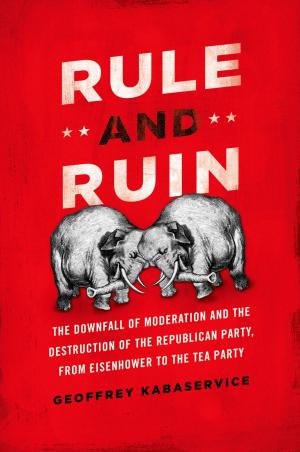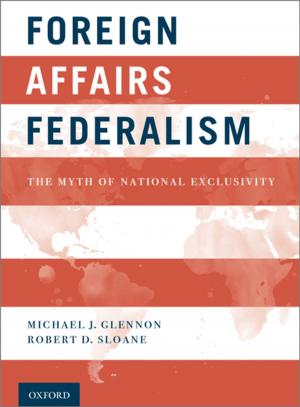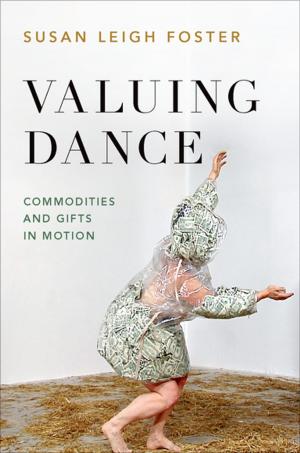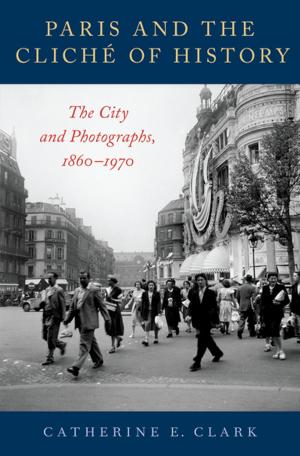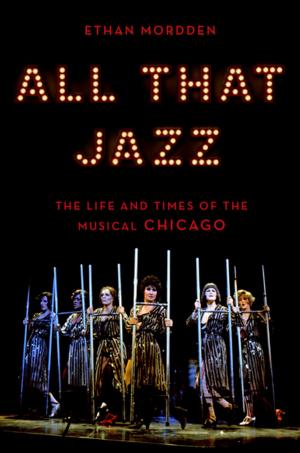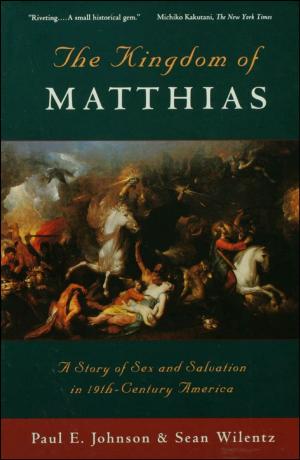Shakespeare's Common Prayers
The Book of Common Prayer and the Elizabethan Age
Fiction & Literature, Literary Theory & Criticism, British, Nonfiction, Religion & Spirituality, Christianity, Church, Church History, History| Author: | Daniel Swift | ISBN: | 9780199977031 |
| Publisher: | Oxford University Press | Publication: | October 5, 2012 |
| Imprint: | Oxford University Press | Language: | English |
| Author: | Daniel Swift |
| ISBN: | 9780199977031 |
| Publisher: | Oxford University Press |
| Publication: | October 5, 2012 |
| Imprint: | Oxford University Press |
| Language: | English |
Societies and entire nations draw their identities from certain founding documents, whether charters, declarations, or manifestos. The Book of Common Prayer figures as one of the most crucial in the history of the English-speaking peoples. First published in 1549 to make accessible the devotional language of the late Henry the VIII's new church, the prayer book was a work of monumental religious, political, and cultural importance. Within its rituals, prescriptions, proscriptions, and expressions were fought the religious wars of the age of Shakespeare. This diminutive book--continuously reformed and revised--was how that age defined itself. In Shakespeare's Common Prayers, Daniel Swift makes dazzling and original use of this foundational text, employing it as an entry-point into the works of England's most celebrated writer. Though commonly neglected as a source for Shakespeare's work, Swift persuasively and conclusively argues that the Book of Common Prayer was absolutely essential to the playwright. It was in the Book's ambiguities and its fierce contestations that Shakespeare found the ready elements of drama: dispute over words and their practical consequences, hope for sanctification tempered by fear of simple meaninglessness, and the demand for improvised performance as compensation for the failure of language to fulfill its promises. What emerges is nothing less than a portrait of Shakespeare at work: absorbing, manipulating, reforming, and struggling with the explosive chemistry of word and action that comprised early modern liturgy. Swift argues that the Book of Common Prayer mediates between the secular and the devotional, producing a tension that makes Shakespeare's plays so powerful and exceptional. Tracing the prayer book's lines and motions through As You Like It, Hamlet, Twelfth Night, Measure for Measure, Othello, and particularly Macbeth, Swift reveals how the greatest writer of the age--of perhaps any age--was influenced and guided by its most important book.
Societies and entire nations draw their identities from certain founding documents, whether charters, declarations, or manifestos. The Book of Common Prayer figures as one of the most crucial in the history of the English-speaking peoples. First published in 1549 to make accessible the devotional language of the late Henry the VIII's new church, the prayer book was a work of monumental religious, political, and cultural importance. Within its rituals, prescriptions, proscriptions, and expressions were fought the religious wars of the age of Shakespeare. This diminutive book--continuously reformed and revised--was how that age defined itself. In Shakespeare's Common Prayers, Daniel Swift makes dazzling and original use of this foundational text, employing it as an entry-point into the works of England's most celebrated writer. Though commonly neglected as a source for Shakespeare's work, Swift persuasively and conclusively argues that the Book of Common Prayer was absolutely essential to the playwright. It was in the Book's ambiguities and its fierce contestations that Shakespeare found the ready elements of drama: dispute over words and their practical consequences, hope for sanctification tempered by fear of simple meaninglessness, and the demand for improvised performance as compensation for the failure of language to fulfill its promises. What emerges is nothing less than a portrait of Shakespeare at work: absorbing, manipulating, reforming, and struggling with the explosive chemistry of word and action that comprised early modern liturgy. Swift argues that the Book of Common Prayer mediates between the secular and the devotional, producing a tension that makes Shakespeare's plays so powerful and exceptional. Tracing the prayer book's lines and motions through As You Like It, Hamlet, Twelfth Night, Measure for Measure, Othello, and particularly Macbeth, Swift reveals how the greatest writer of the age--of perhaps any age--was influenced and guided by its most important book.


